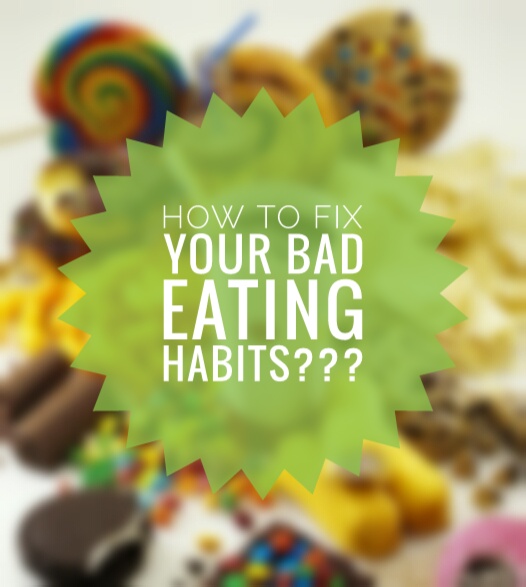Improving eating habits is a journey that requires awareness, planning, and consistency. Bad eating habits, such as skipping meals, overeating, or consuming excessive processed foods, can negatively impact health. This guide provides practical steps to help you transition to healthier eating patterns.
- Identify Your Eating Habits
Begin by observing your current eating patterns. Keep a food diary for a week, noting what you eat, when, and why. This practice can reveal triggers for unhealthy eating, such as stress or boredom.
- Set Realistic Goals
Establish achievable objectives. Instead of overhauling your entire diet, focus on one or two changes at a time, like incorporating more vegetables or reducing sugary snacks.
- Plan Your Meals
Meal planning can prevent impulsive eating. Prepare a weekly menu, create a shopping list, and stick to it. Having healthy meals and snacks readily available reduces the temptation to opt for less nutritious options.
- Practice Mindful Eating
Eat without distractions like television or smartphones. Pay attention to your food’s taste, texture, and aroma. Eating slowly and savoring each bite can enhance satisfaction and prevent overeating.
- Control Portion Sizes
Be mindful of portion sizes to avoid consuming excess calories. Use smaller plates and bowls, and resist the urge to go back for seconds unless you’re truly hungry.
- Choose Nutrient-Dense Foods
Focus on foods rich in nutrients, such as fruits, vegetables, whole grains, lean proteins, and healthy fats. These foods provide essential vitamins and minerals that support overall health.
- Limit Processed Foods and Sugary Beverages
Reduce intake of processed foods high in added sugars, sodium, and unhealthy fats. Opt for water, herbal teas, or other low-calorie beverages instead of sugary drinks.
- Don’t Skip Meals
Regular meals help maintain energy levels and prevent overeating later in the day. Aim for balanced meals at consistent times to regulate hunger and metabolism.
- Manage Emotional Eating
Recognize when emotions, rather than hunger, drive you to eat. Develop alternative coping strategies, such as engaging in physical activity, journaling, or talking to a friend.
- Seek Support
Share your goals with friends or family members who can offer encouragement. Consider consulting a registered dietitian for personalized guidance and support.
Conclusion
Changing eating habits is a gradual process that involves self-awareness, planning, and support. By implementing these steps, you can develop a healthier relationship with food and improve your overall well-being.





